Legislation invests in digitized, integrated mapping resources for outdoor recreation
The Theodore Roosevelt Conservation Partnership is hailing landmark legislation that will enhance outdoor recreation on public lands by investing in modern technology that allows sportsmen and women to know exactly which lands and waters they can access.
U.S. Senators Martha McSally (R-Ariz) and Angus King (I-Maine) and U.S. Representatives Derek Kilmer (D-Wash) and Russ Fulcher (R-Idaho) today introduced the Modernizing Access to Our Public Land (MAPLand) Act to digitize recreational access information and make those resources available to the public.
Currently, many of the easement records that identify legal means of access onto national forests or BLM-managed lands are stored at the local level in paper files, which makes it difficult for hunters, anglers, and even the agencies to identify public access opportunities. Of 37,000 existing easements held by the U.S. Forest Service, only 5,000 have been converted into digital files.
The MAPLand Act would direct federal land management agencies to consolidate, digitize, and make publicly available recreational access information as GIS files. These records would include information about legal easements and rights-of-way across private land; year-round or seasonal closures on roads and trails, as well as restrictions on vehicle-type; boundaries of areas where special rules or prohibitions apply to hunting and shooting; and areas of public waters that are closed to watercraft or have horsepower restrictions.
“GPS technology has become an essential part of the public-land user’s toolkit,” said Whit Fosburgh, president and CEO of the Theodore Roosevelt Conservation Partnership. “This bill will allow sportsmen and women to take full advantage of the world-class opportunities on our public lands, make it easier to follow the rules while recreating outside, and reduce access conflicts. Quite simply, this is a common-sense investment in the future of hunting, fishing, and outdoor recreation. We want to thank Senators McSally and King and Representatives Fulcher and Kilmer for taking the lead on this important legislation.”
In addition to improving the public’s ability to access public lands, the bill would help land management agencies — in cooperation with private landowners — prioritize projects to acquire new public land access or improve existing access. According to a 2018 report by the TRCP and onX, a digital-mapping company, more than 9.52 million acres of federally managed public lands in the West lack permanent legal public access because they are surrounded entirely by private lands. Digitizing easement records would be the first step towards addressing this challenge systematically.
What Others Are Saying:
“Public land recreation has been revolutionized by handheld GPS technology in smartphones and other devices, allowing users of all types and experience levels to know where they stand in the outdoors. After spending over a decade gathering recreation information for our customers and making it easily discoverable, we continue to find valuable recreation information that exists only on paper. The data need to be complete, easy to find, and easy to use for the public to fully understand the recreation opportunities available to them. The MAPLand Act is a much-needed investment in the outdoor recreation industry and in the future of empowering the public to get outside and experience our public lands.”
— Eric Siegfried, Founder, onX
“The Mule Deer Foundation commends Senators McSally and King and Representatives Fulcher and Kirby on the introduction of the Modernizing Access to Our Public Land Act. This important legislation will do a great deal to assist sportsmen and women in identifying places where they can hunt and fish on the public lands that they as taxpayers own. All told, this is a common-sense and long-overdue idea that will benefit sportsmen and women, as well as the communities all across our country with economies driven by outdoor-recreation spending.”
— Miles Moretti, President/CEO, The Mule Deer Foundation
“Quality hunting and fishing opportunities have two requirements: healthy habitat and access. This bill makes sure that information about public land access and areas open for hunting and fishing is kept current and readily available for sportsmen and women. We want to ensure that all Americans can enjoy the world-class sporting opportunities found on public lands and this legislation will help to ensure just that.”
— Steve Kandell, Director, Trout Unlimited’s Sportsmen’s Conservation Project
“Access is one of the most important aspects for a thriving outdoor recreation economy. Yet, it isn’t just access to land and water, it’s also access to information about the very lands we recreate on, where they are, when and how they are accessible and oftentimes this data is antiquated or even inaccurate. In order for us to continue to grow this important sector that makes up 2.2% of the national GDP and employs 5.2 million Americans, we need to know where we can get outside on public and private lands and when and how to best protect them. Modernizing Access to our Public Land Act will help us do just that and improve the information we have to safely enjoy all that outdoor recreation has to offer. ORR is proud to support this legislation.”
— Jessica Wahl, Executive Director, Outdoor Recreation Roundtable
Image courtesy of National Parks.


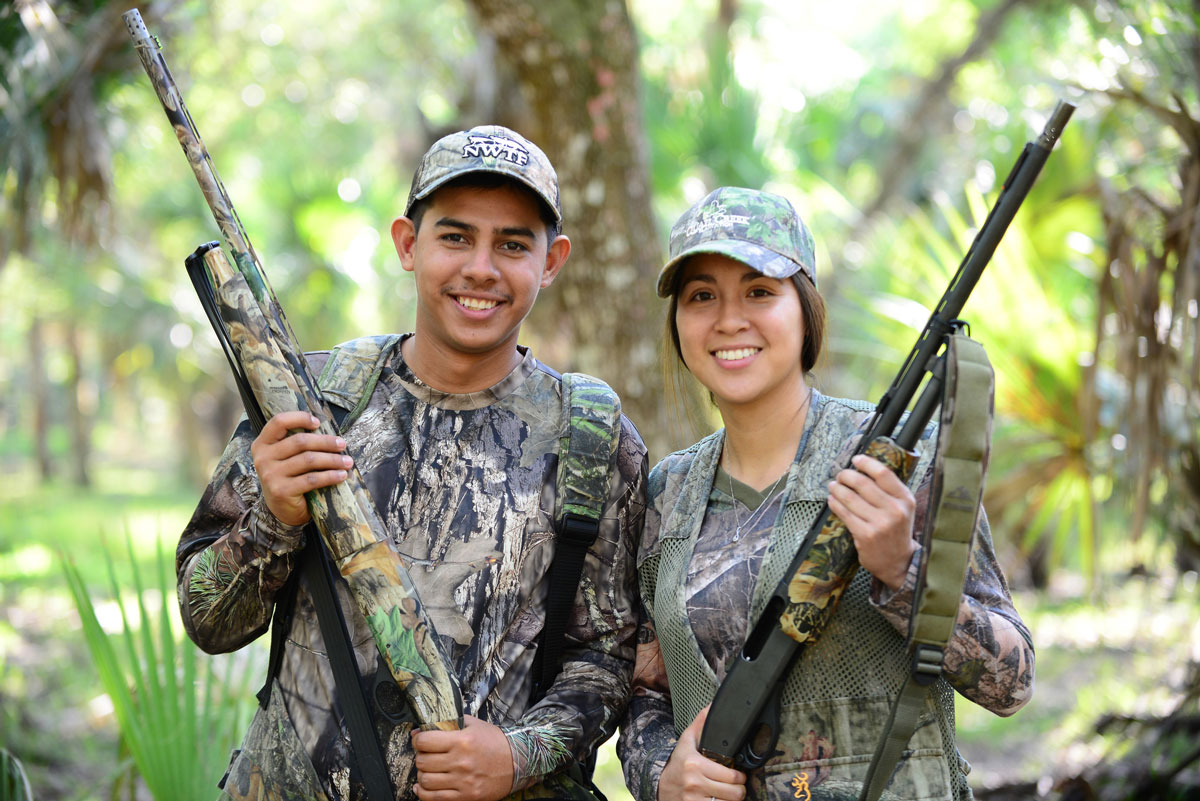
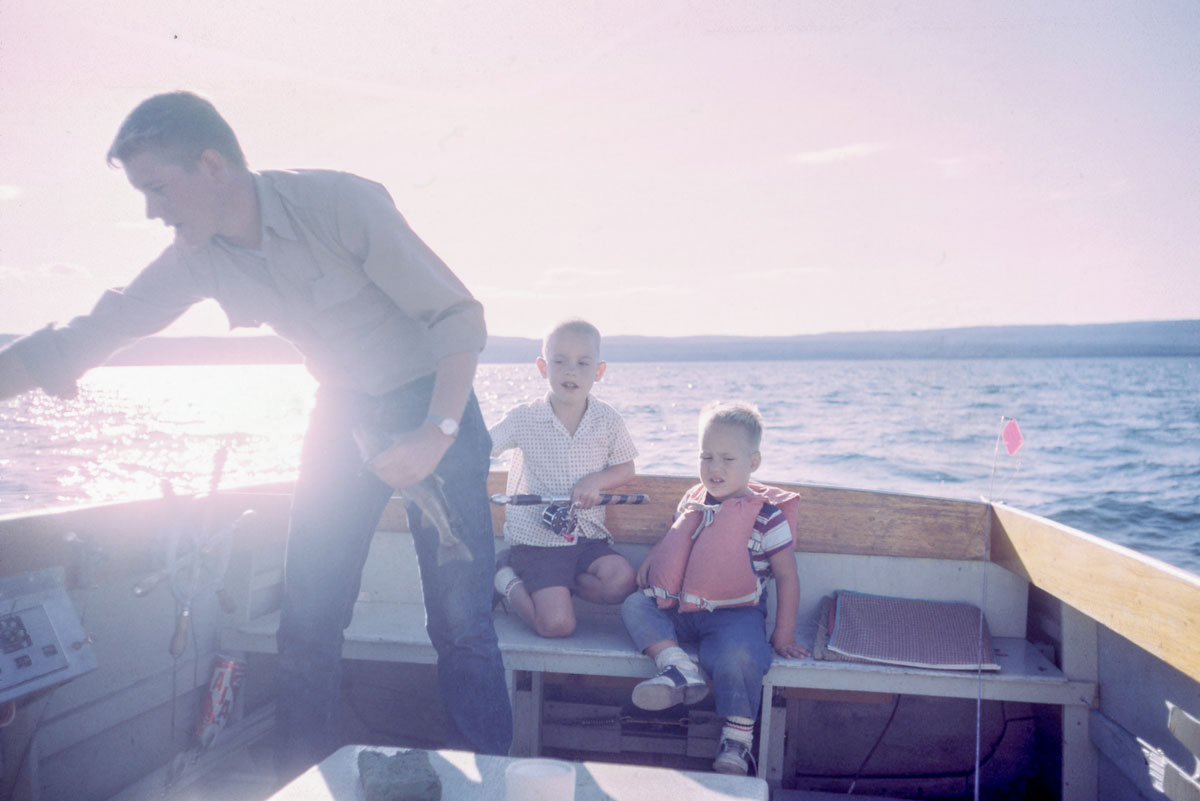
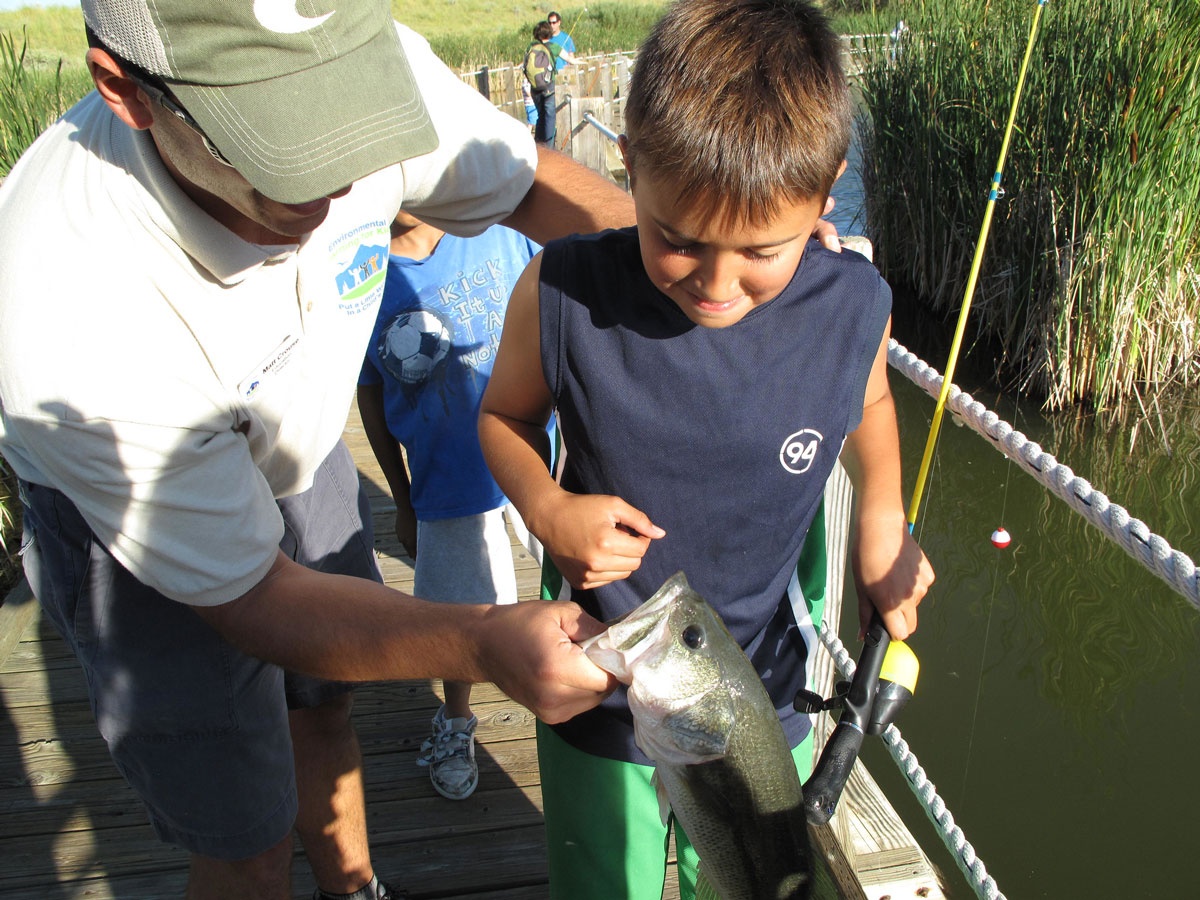
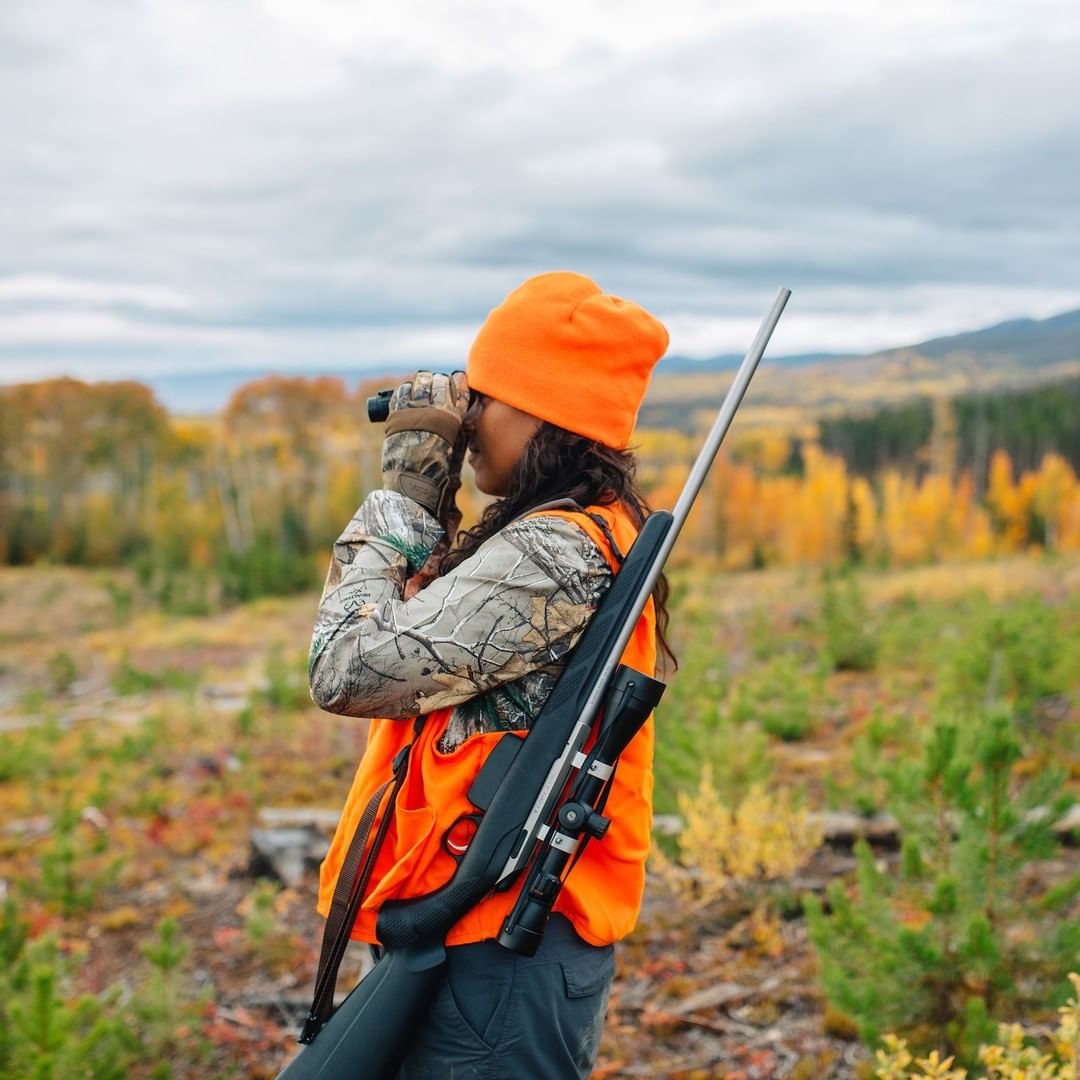
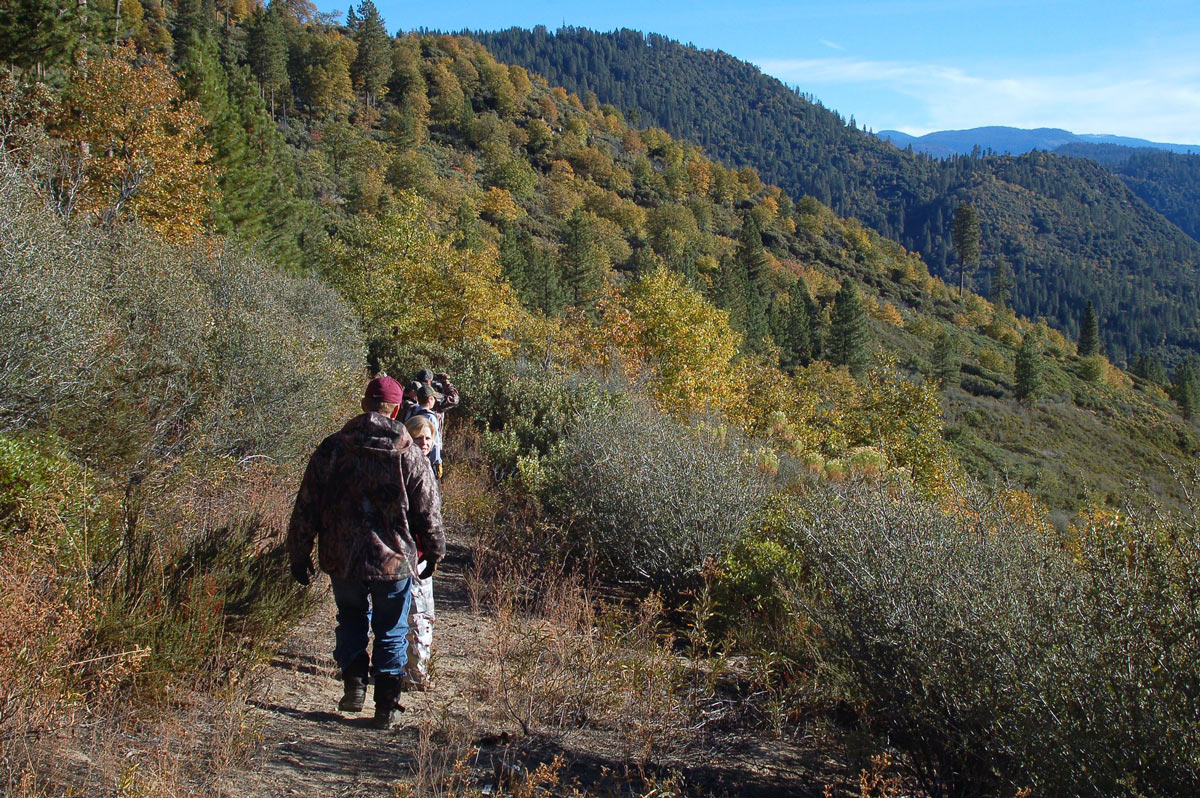
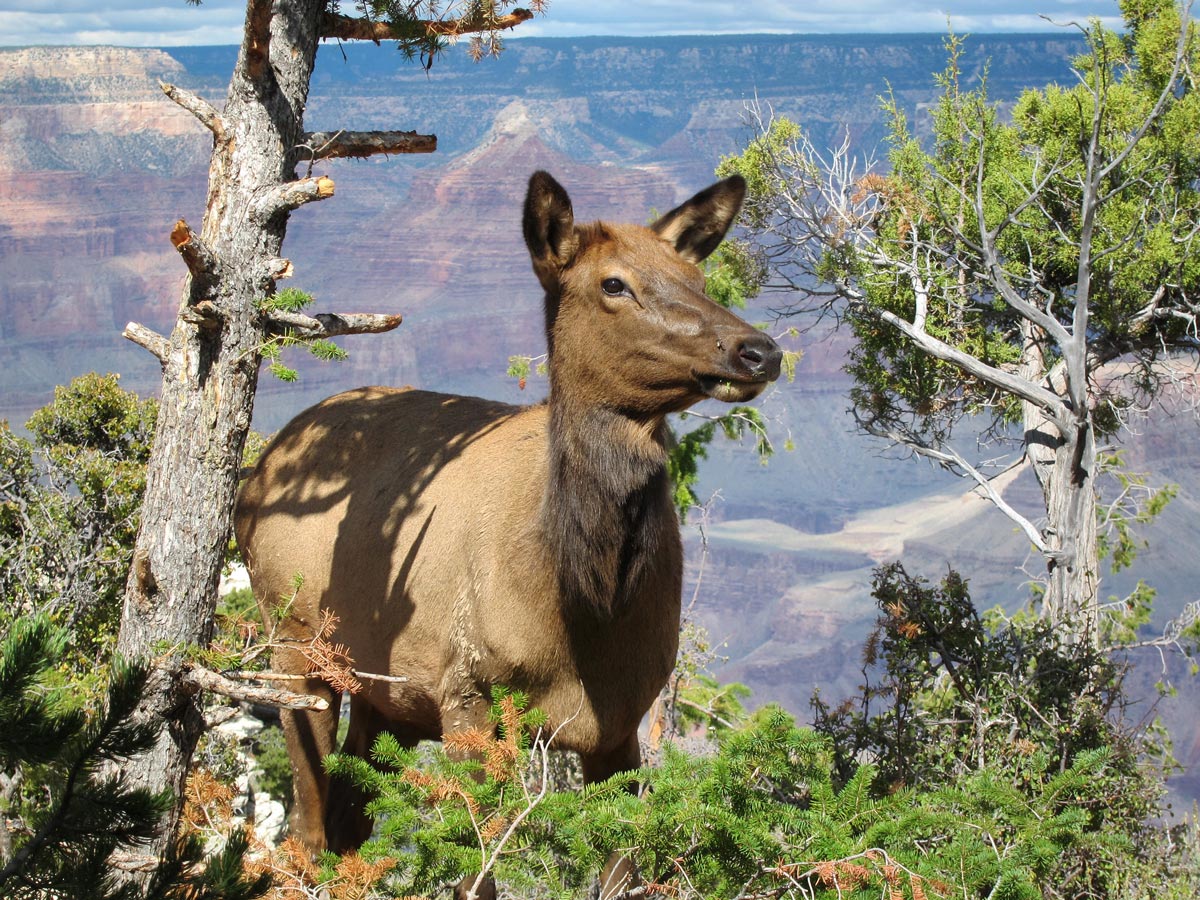
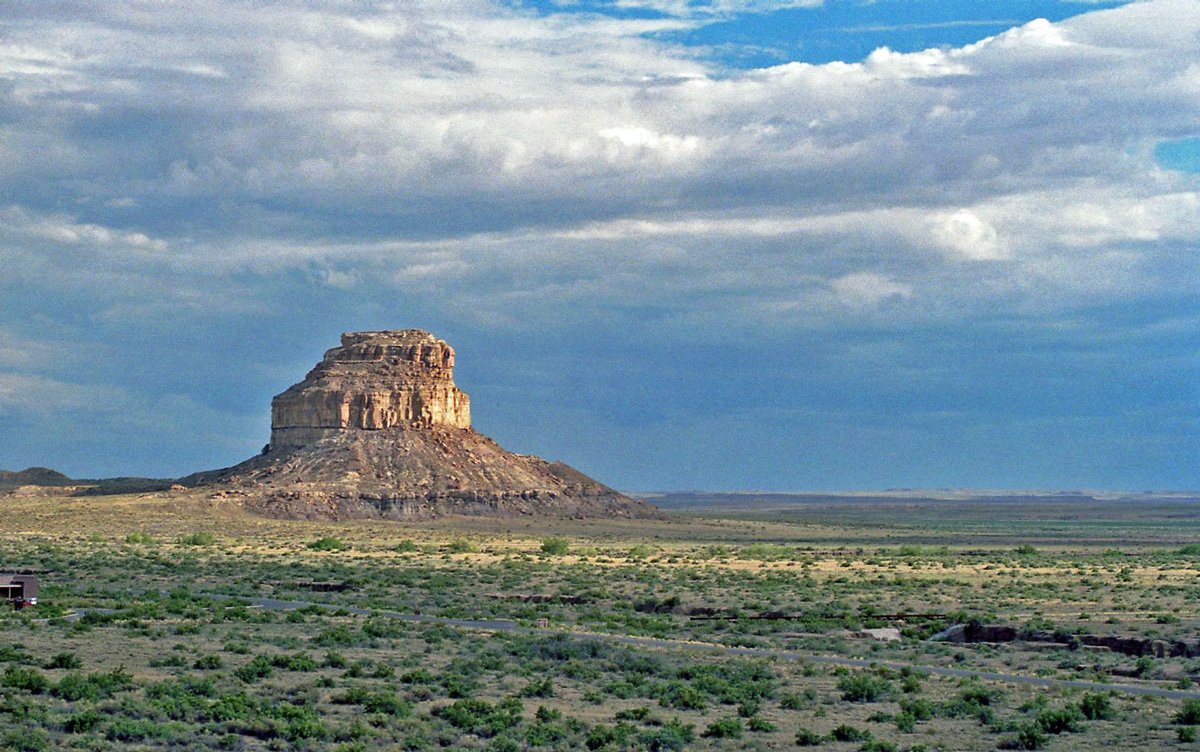




Any info on Corning crossing? Currently in Oregon it’s illegal, but open up more access if made legal.
Great idea
Are the agencies going to get any financial assistance to actually make this happen? Sounds great but it burdens already woefully underfunded federal land management agencies and distracts from other priorities. So it shouldn’t be an unfunded mandate
Yes, $33.5 million over a three year period to get this done.
Bill text is here: https://www.mcsally.senate.gov/sites/default/files/2020-03/FLO20049.pdf
Difficulty in accessing public lands is becoming a more serious problem as demand for use of those lands become more requested due to increasing populations. In Idaho it is a particular problem as large tracts of land are blocked by narrow strips of private land difficult to circumvent.